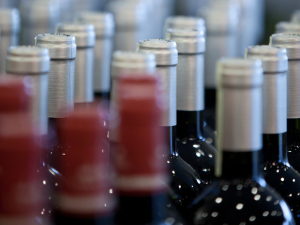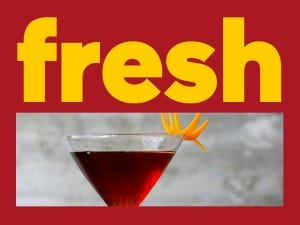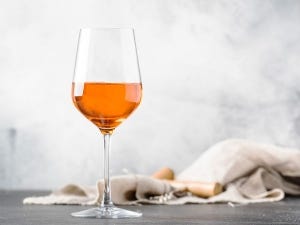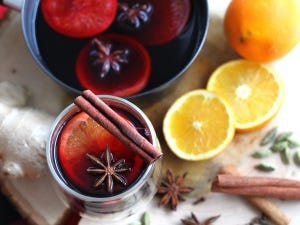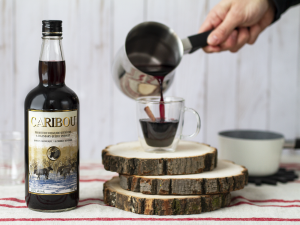Whisky (or whiskey, depending on its place of origin) can be produced anywhere on the planet. Some countries – like Canada, Ireland and the United States – have built up a solid reputation over the years. Japan, a relative newcomer, has also made quite a splash. But the general consensus is that Scotland still produces the finest, purest, and most complex spirit of them all. The terms “Scotch” and “Scotch Whisky” refer to whiskies distilled and matured for a prescribed minimum period of three years in Scotland itself. In other words, they must be thoroughly Scottish in order to claim that title.
Beyond the Scots’ savoir faire, the specific ingredients used as well as the distilling and maturation methods are what make Scotch whiskies unique. The purest of them display an astonishing range of aromas – smoke, iodine and peat – since the barley used has been dried over a fire of locally grown peat. The process is commonly used with some variations, depending on the particular sub-region. But the end result is always a highly distinctive Scotch whisky.
To help introduce you to the wide world of Scotch, try the Highland-based brands. Scotches from this region are rarely smoky or peaty but instead tend to be balanced and fine, with notes of honey, hay and pear.
Related Posts
-
Read more
For a one-of-a-kind brunch, try our waffle recipes and perfect pairing ideas!
-
Read more
This past year has been a successful one for new low-alcohol products, particularly those made in Quebec, which are gradually earning quite a following. Here’s a look at a continuing trend that shows no signs of slowing down.
 Free in-store delivery with purchases of $75+ in an estimated 3 to 5 business days.
Free in-store delivery with purchases of $75+ in an estimated 3 to 5 business days.




